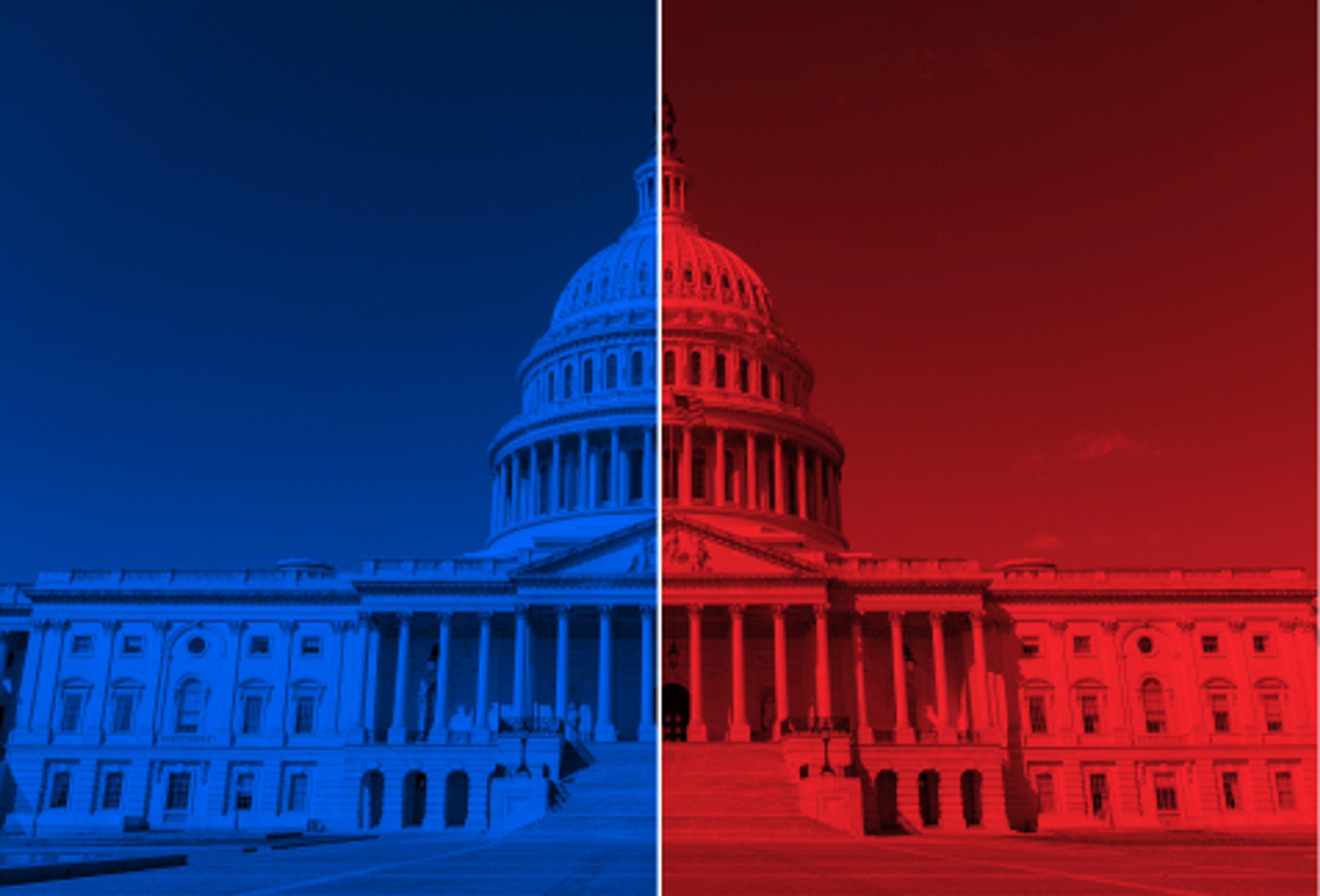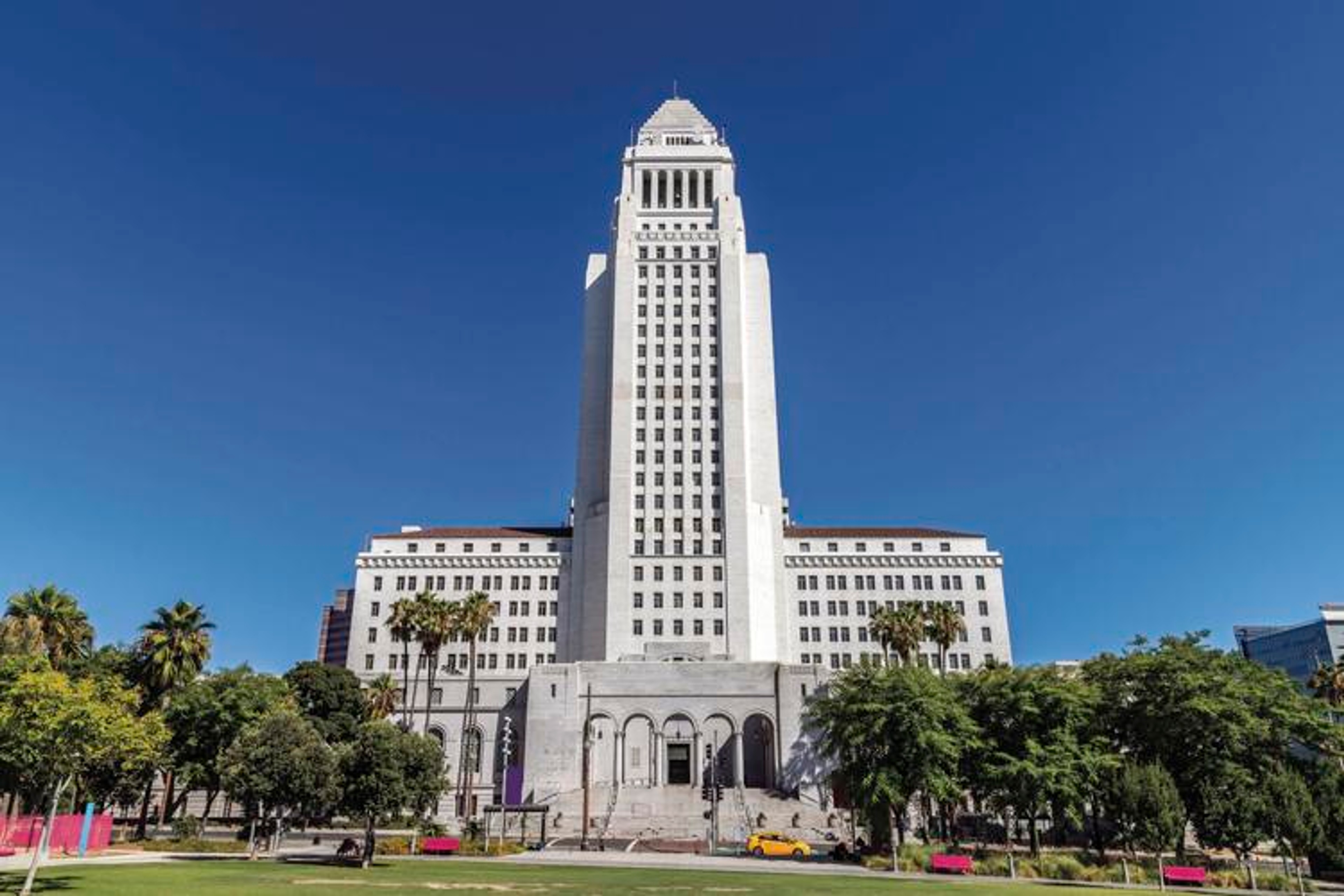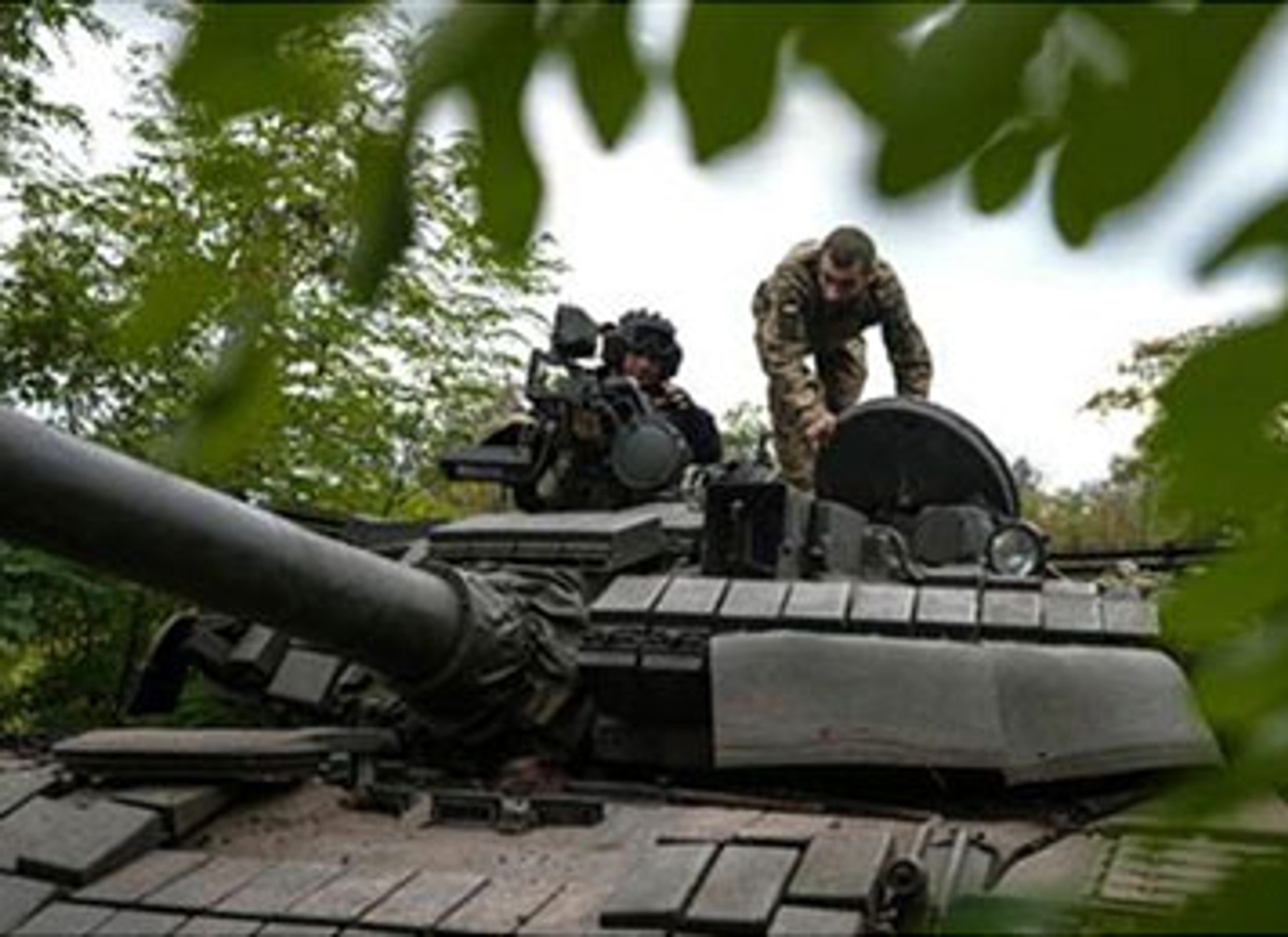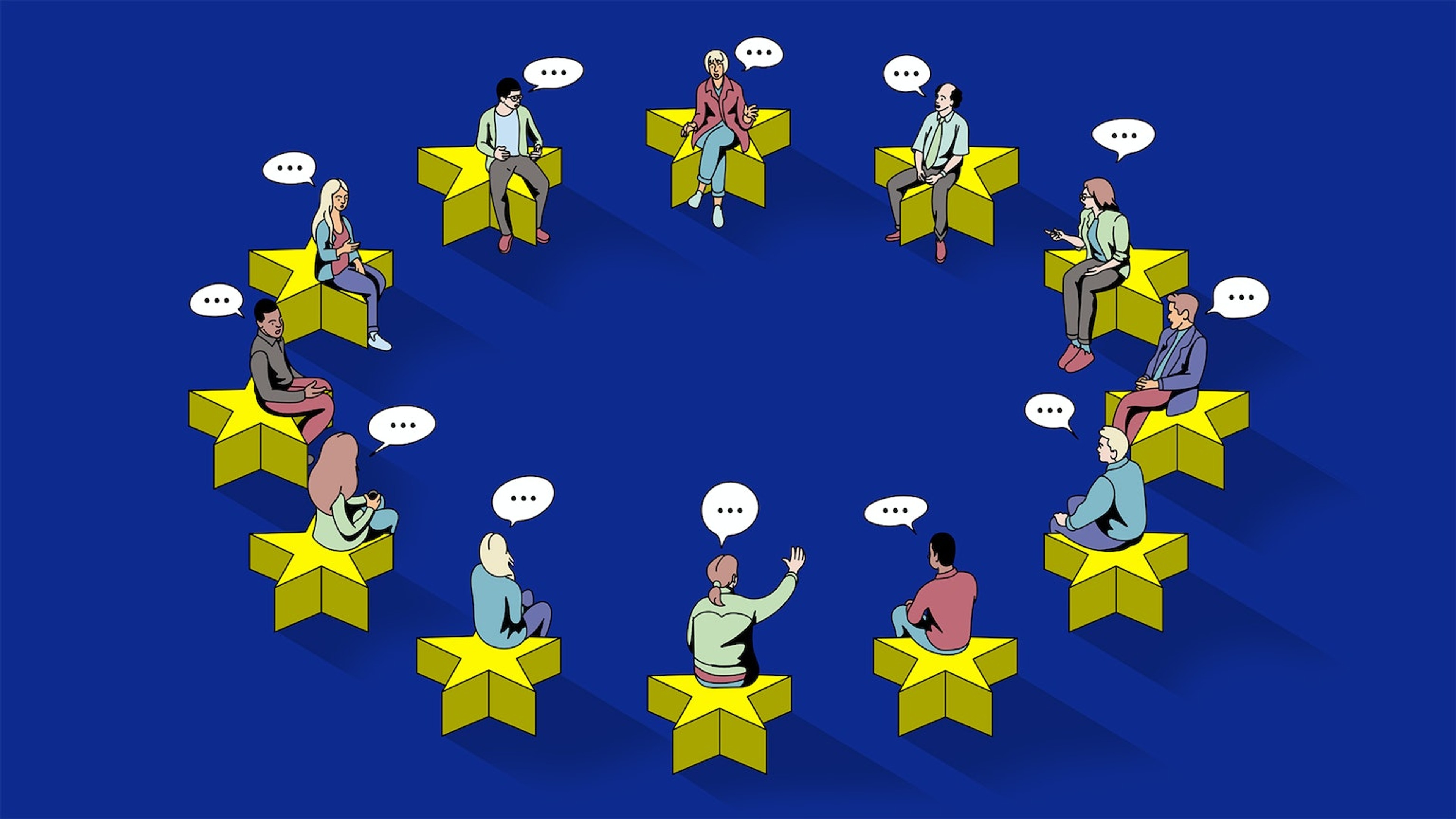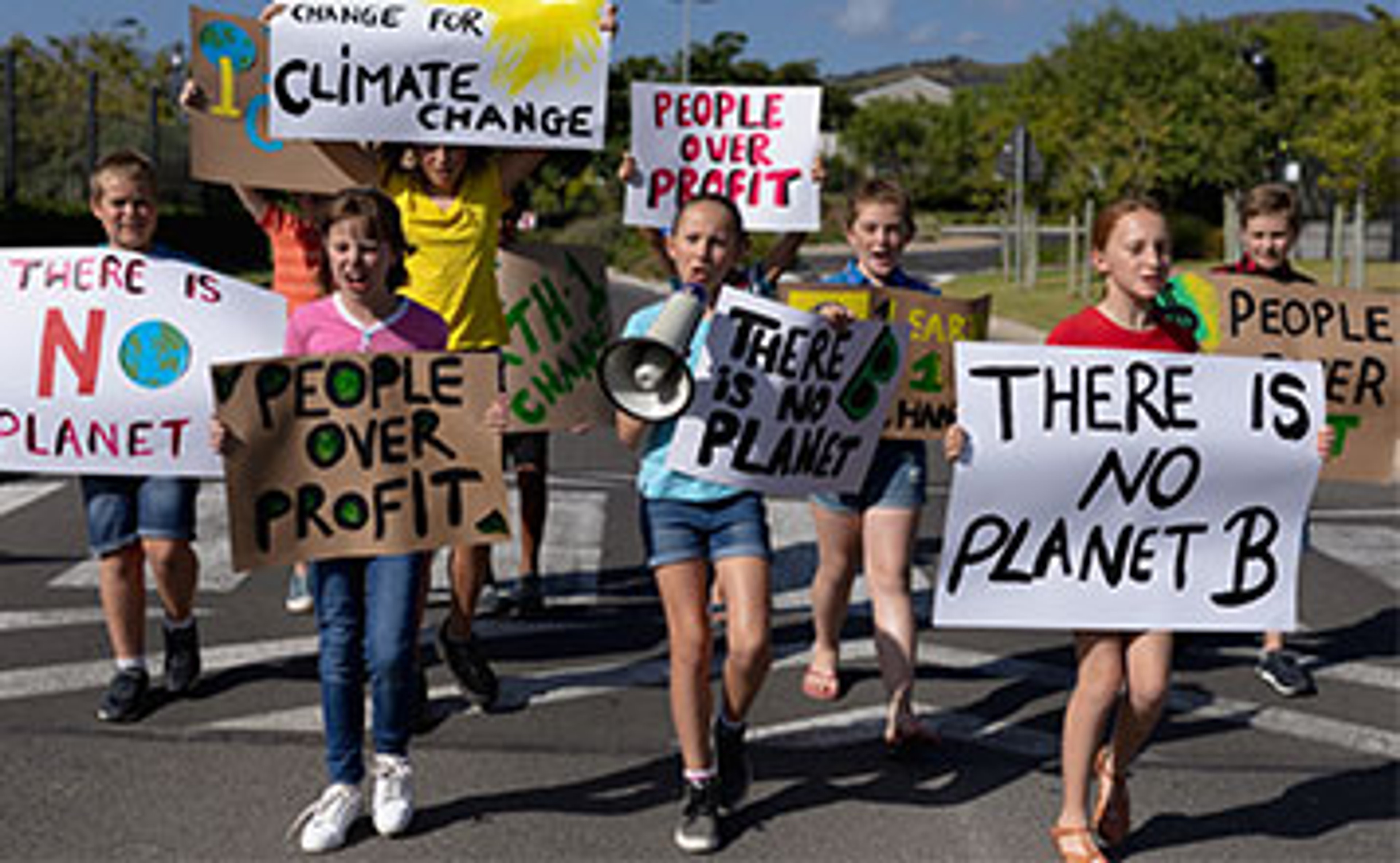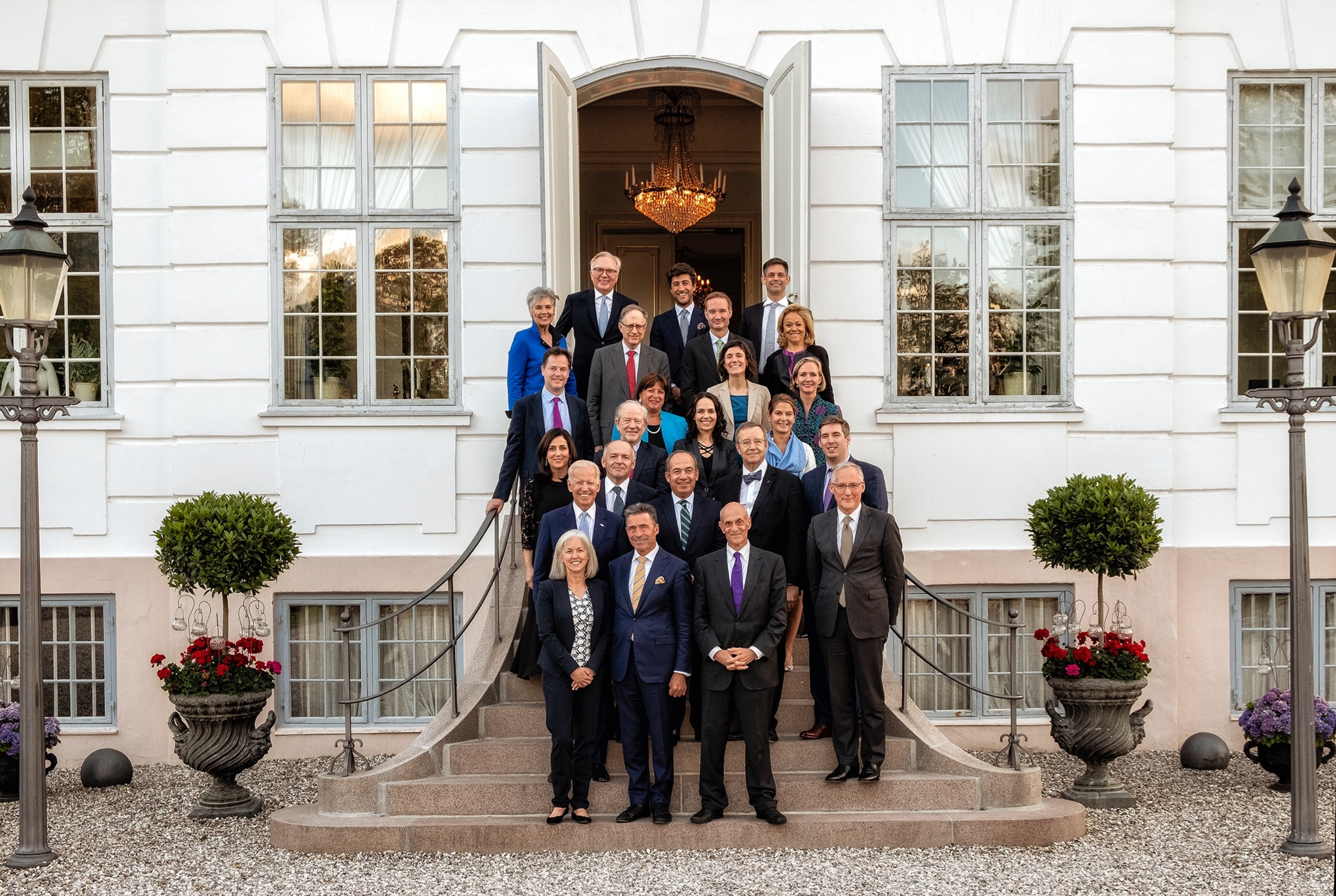Case Study: The Gilets Jaunes Protests, Macron’s Democratic Experiment, and Deliberative Mini-publics
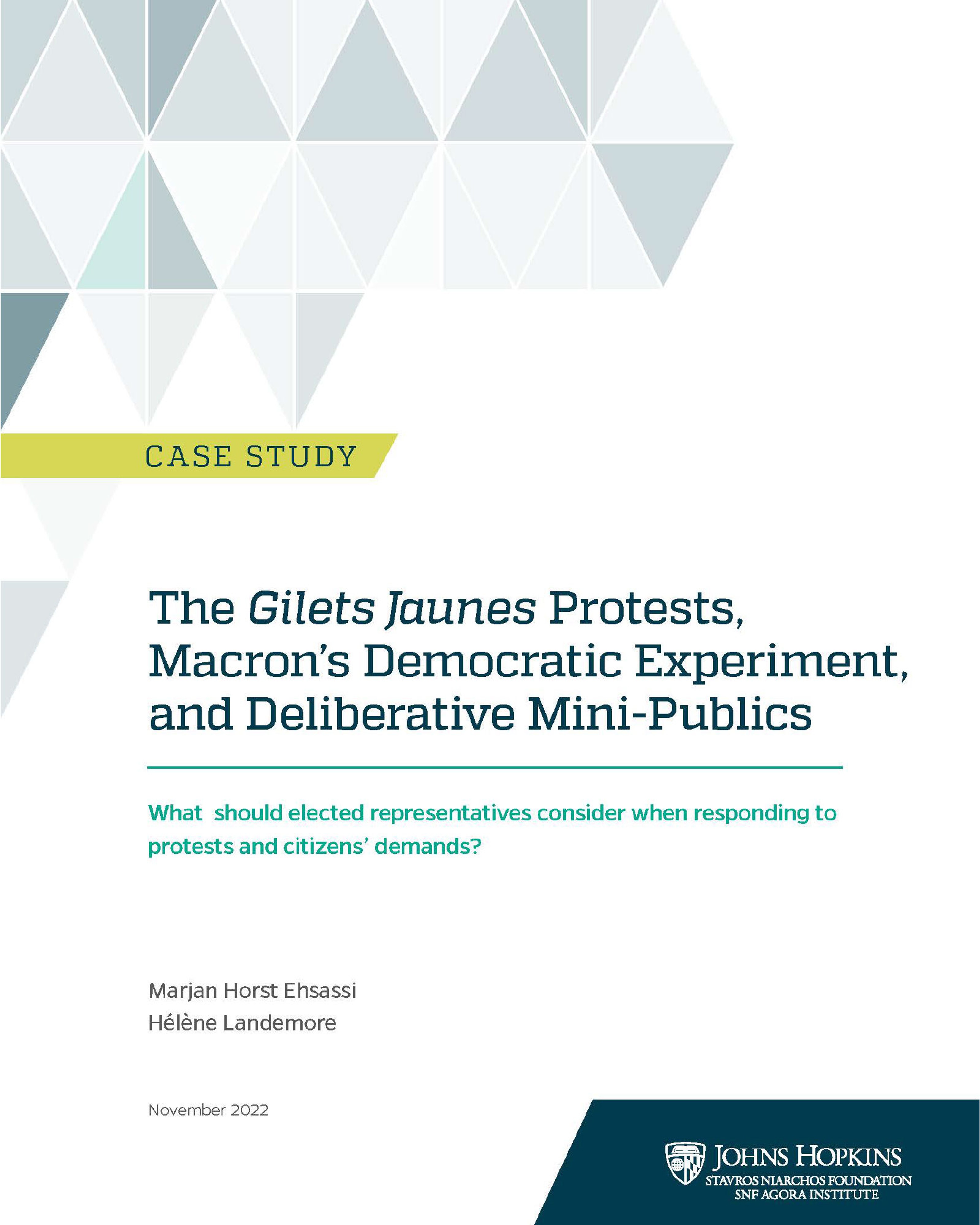
By almost any measure, public confidence in government has dropped. Across Western democracies, widespread demonstrations, whether on the streets or online, suggest growing citizen disillusionment with politicians and the state. Research indicators demonstrate a decline of citizen trust in political institutions, lower levels of voter participation, declining party loyalty, and falling membership in political parties. These factors suggest that citizens are becoming more disconnected from conventional channels of public affairs and that connections between citizens and the state are weakening. The rise of populism, increased polarization, and low levels of trust have led to claims that Western democracy is now in peril. The Carnegie Endowment for International Peace recently remarked that “in the most extreme cases, demonstrators used the streets as a venue for representation in the absence of functioning political institutions.”
The political situation in France provides a rich example of modern-day tension between a democratic state and its citizens and the dilemmas faced by political leaders. Since 2017, France has witnessed the election of its youngest president in history, the emergence of a social movement known as the gilets jaunes (yellow vest) in response to a government plan to raise the fuel tax (a de facto carbon tax) in fall 2018, growing grievances against the institutions of government and a push toward populism, and several attempts by the Macron government to respond to citizen demands.
This case study examines five interventions by the Macron government between 2018 and 2021 in response to demands by protesters, including the eventual introduction and implementation of deliberative mini-publics (DMP), government-initiated forums that allow citizens to access balanced information, deliberate, and make recommendations about social and political reforms. It then asks readers which intervention(s) they would pursue in responding to the gilets jaunes and why. The study concludes with observations about the extent to which the five interventions were successful from the perspective of the gilets jaunes protesters and the larger public as well as reflections on the evolution of DMPs.
